The Lord’s promise to Joseph in Egypt that he would raise up a “choice seer” out of his lineage (2 Nephi 3:6–7, 11, 14) was supremely fulfilled in the Prophet Joseph Smith. The “work” he would perform, which would be “of great worth” to Joseph’s descendants, consisted in part of bringing forth the Book of Mormon (Mormon 8:14). This would help restore them “to the knowledge of the covenants which I have made with thy fathers” (2 Nephi 3:7, 11–12, 15, 18–23).
Joseph’s prediction that this seer would be “great like unto Moses” nuances the nature of his prophetic mission (2 Nephi 3:9). Moses was a dispensation leader and lawgiver who similarly restored his people to the knowledge of the Lord’s covenants with their fathers. He held the keys of the Melchizedek priesthood and “sought diligently to sanctify his people that they might behold the face of God” (Exodus 19:10–11, 14–17; D&C 84:23–27). Moses saw God and prophesied the coming of the Messiah (Exodus 33:11; Deuteronomy 18:15; Mosiah 13:33; Helaman 8:13; Moses 1:2). In all these things, Joseph Smith was “like unto Moses.”
Joseph Smith received “commandments and revelations” for the church “even as Moses” (D&C 28:2). Moreover, the Lord had said to Moses in the mount, “In a day when the children of men shall esteem my words as naught and take away many of them from the book which thou shalt write, behold, I will raise up another like unto thee; and they shall be had again among the children of men—among as many as shall believe” (Moses 1:41).
That promised prophet, too, resembles Joseph Smith. To enable Joseph Smith to fulfill his mission of “preserving” the descendants of Joseph and all the house of Israel (2 Nephi 3:16), Moses himself committed to him “the keys of the gathering of Israel from the four parts of the earth, and the leading of the ten tribes from the land of the north” (D&C 110:11).
In the Sinai wilderness, Moses had declared to his people that “the Lord thy God will raise up unto thee a Prophet from the midst of thee, of thy brethren, like unto me; unto him ye shall hearken” (Deuteronomy 18:15). For the Lord had said to Moses, “I will raise them up a Prophet from among their brethren, like unto thee, and will put my words in his mouth; and he shall speak unto them all that I command him. And it shall come to pass, that whosoever will not hearken unto my words which he shall speak in my name, I will require it of him” (Deuteronomy 18:18–19).
Nephi declared that “this prophet of whom Moses spake was the Holy One of Israel,” and that “all who will not hear that prophet shall be cut off from among the people” (1 Nephi 22:20–21). (As the Hebrew language has no upper case letters, no terms or names appear capitalized in the Old Testament.) Peter also taught that Jesus was the prophet of whom Moses testified and that “every soul, which will not hear that prophet, shall be destroyed from among the people” (Acts 3:22–23; cf. 7:37).
To the Nephites, Jesus explained, “I am he of whom Moses spake, saying: A prophet shall the Lord your God raise up unto you of your brethren, like unto me; him shall ye hear in all things whatsoever he shall say unto you. And it shall come to pass that every soul who will not hear that prophet shall be cut off from among the people” (3 Nephi 20:23; cf. John 5:46; D&C 133:64).
The expression “cut off from among the people” adds another dimension to this prophecy. A scriptural analysis shows that those who are “cut off” include “hypocrites” (D&C 50:8), “the rebellious” (D&C 64:35–36), and “wicked, unfaithful, and unjust stewards” (D&C 101:90). Those cut off for transgression are delivered over to the “buffetings of Satan until the day of redemption” (D&C 104:8–10).
In a specifically end-time context, those “cut off” include wild branches of the olive tree (Gentiles) who do not “continue in his goodness” (Rom. 11:22; cf. Jacob 5:65–66), “whosoever will not believe” the words of Christ, which the Lord’s “servant” will bring forth to the Gentiles (3 Nephi 21:10–11; cf. Isaiah 52:13–15), “whosoever will not repent and come unto my Beloved Son” at that time (3 Nephi 21:20), and those who “will not hear the voice of the Lord, neither the voice of his servants, neither give heed to the words of the prophets and apostles” when the “arm of the Lord” is revealed (D&C 1:14; cf. JS-Matthew 1:55; JS-History 1:40).
In this end-time setting, the Lord’s “servant” who brings forth the words of Christ to the Gentiles, is also “like unto Moses.” Jesus says of those who disbelieve his words at that time, “(It shall be done even as Moses said) they shall be cut off from among my people who are of the covenant” (3 Nephi 21:11).
The roles Isaiah attributes to this servant resemble Lehi’s prediction to his son Joseph concerning his descendants: “There shall rise up one mighty among them, who shall do much good, both in word and in deed, being an instrument in the hands of God, with exceeding faith, to work mighty wonders, and do that thing which is great in the sight of God, unto the bringing to pass much restoration to the house of Israel, and unto the seed of thy brethren” (2 Nephi 3:24). These events are preparatory to the coming of Israel’s God.
In sum, three messianic persons may be described as “like unto Moses,” namely Jesus Christ, Joseph Smith, and the servant who prepares the way before the Lord’s second coming. While Jesus is the prophet like unto Moses, Joseph Smith and the Lord’s end-time servant perform additional essential restorative roles. All three compare to the “stem,” “rod,” and “root” of Jesse in Isaiah’s allegory of the olive tree (Isaiah 11:1, 10; D&C 113:1–6).






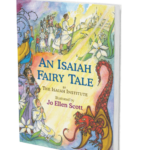

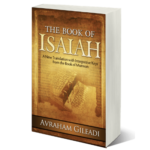
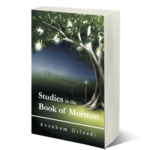

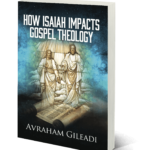




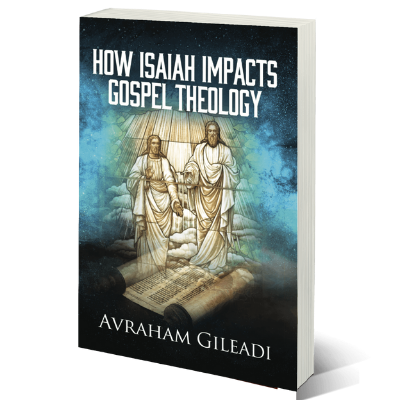
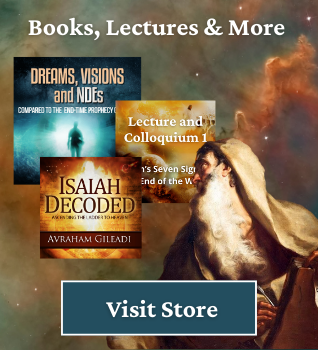
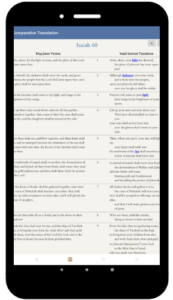
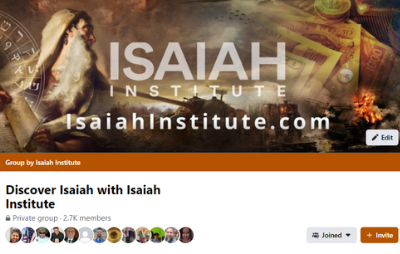
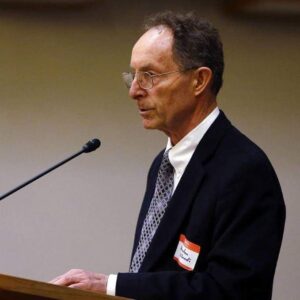
With Joseph Smith holding he keys of the restoration of the 10 Tribes, does this mean he will actually lead them out of their lost condition or that the restoration will simply take place during the latter-day dispensation?